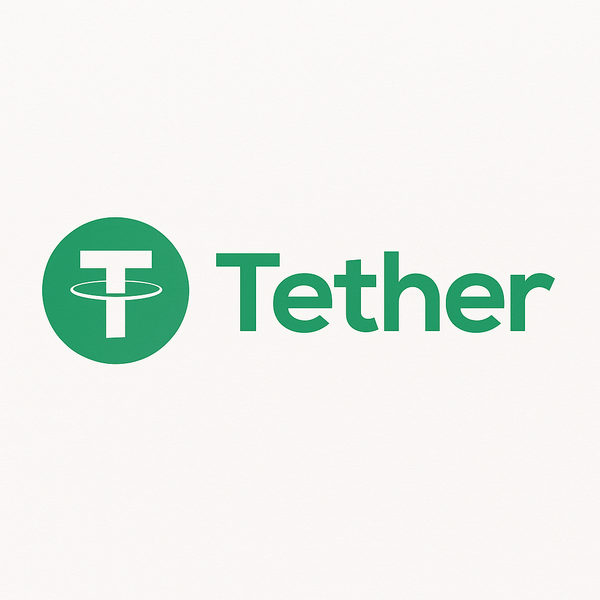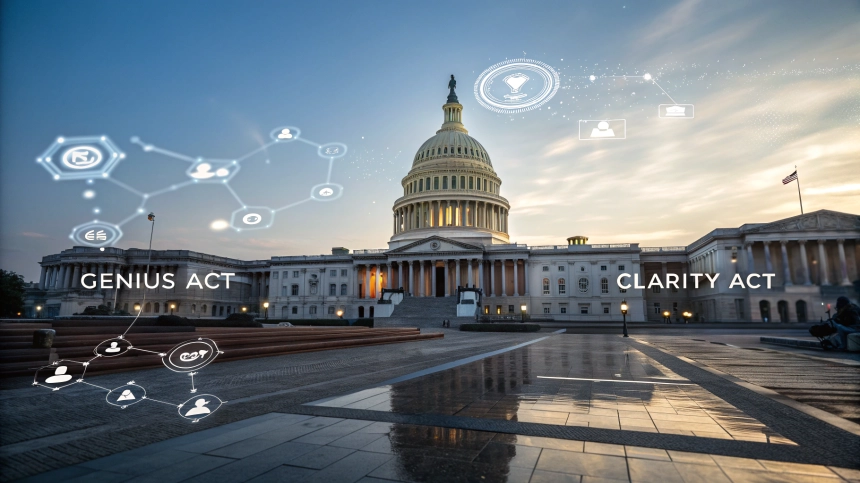
If the stablecoin regulation bill 'GENIUS Act' being pursued by the U.S. Congress passes, it is predicted that Tether (USDT), which holds a 66% market share of the global stablecoin market, could be the most significantly impacted.
The Wall Street Journal (WSJ) recently reported that "the GENIUS Act contains provisions to incorporate stablecoins into the official financial system" and that "startups, banks, and even large retailers like Walmart are showing interest in related businesses and are closely watching the bill's passage".
The key contents of the bill are strict reserve requirements and enhanced transparency for issuers. Specifically, stablecoin issuers are mandated to mandatorily maintain a 1:1 reserve based on safe assets such as cash and short-term U.S. Treasury bonds. Additionally, issuers above a certain scale are required to undergo and disclose annual financial statement audits through external accounting firms.
The WSJ analyzed that "these regulatory requirements will be the most burdensome for Tether, which has been operating part of its reserves in Bitcoin and gold". Tether has continuously been embroiled in reserve transparency controversies, and strengthened external audit and disclosure standards could directly impact its business model.
The industry views the potential passage of the GENIUS Act as a potential turning point that could reshape the global stablecoin market. In particular, there is a possibility of market restructuring centered on issuers with superior regulatory compliance capabilities and financial soundness.





